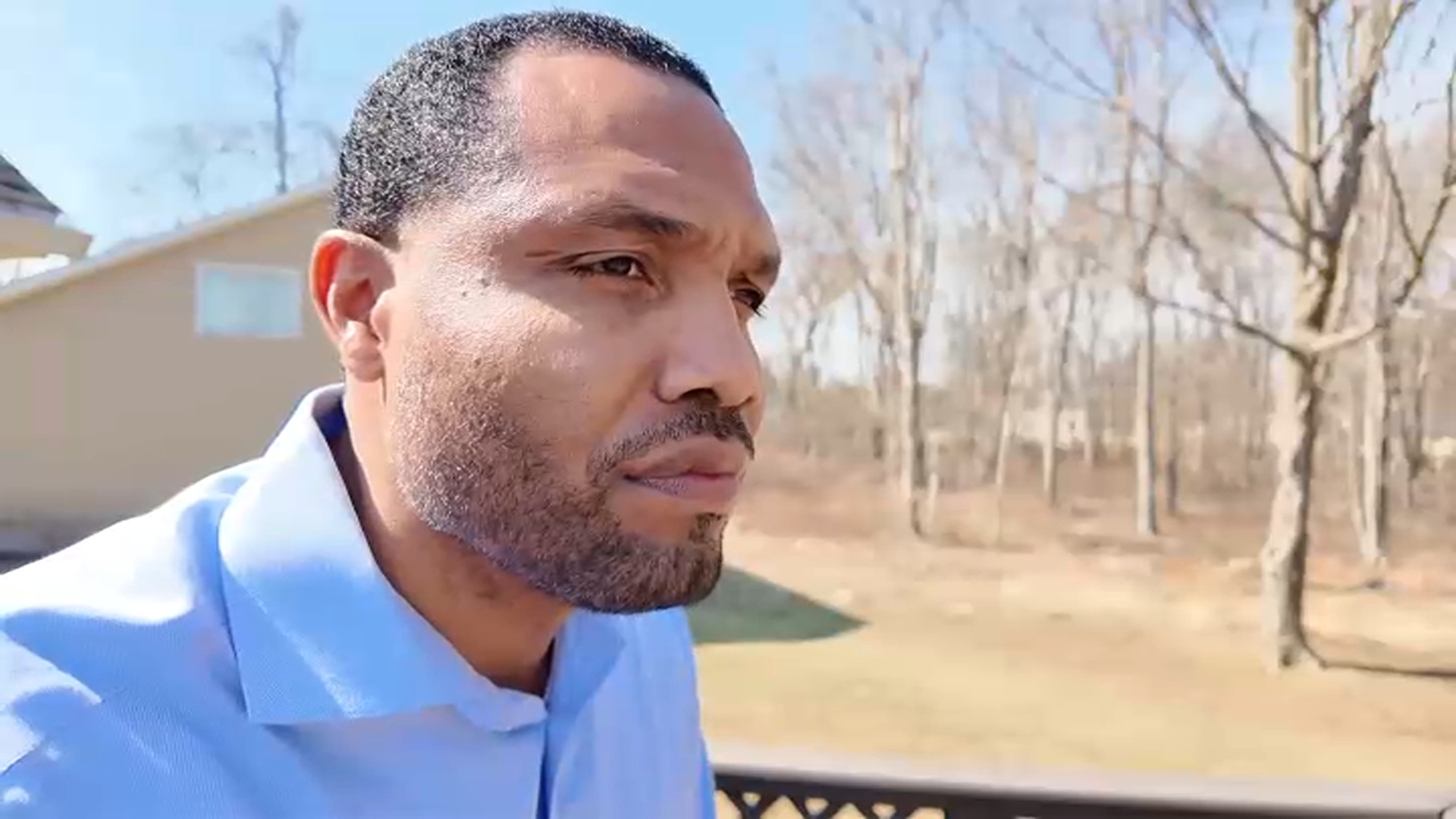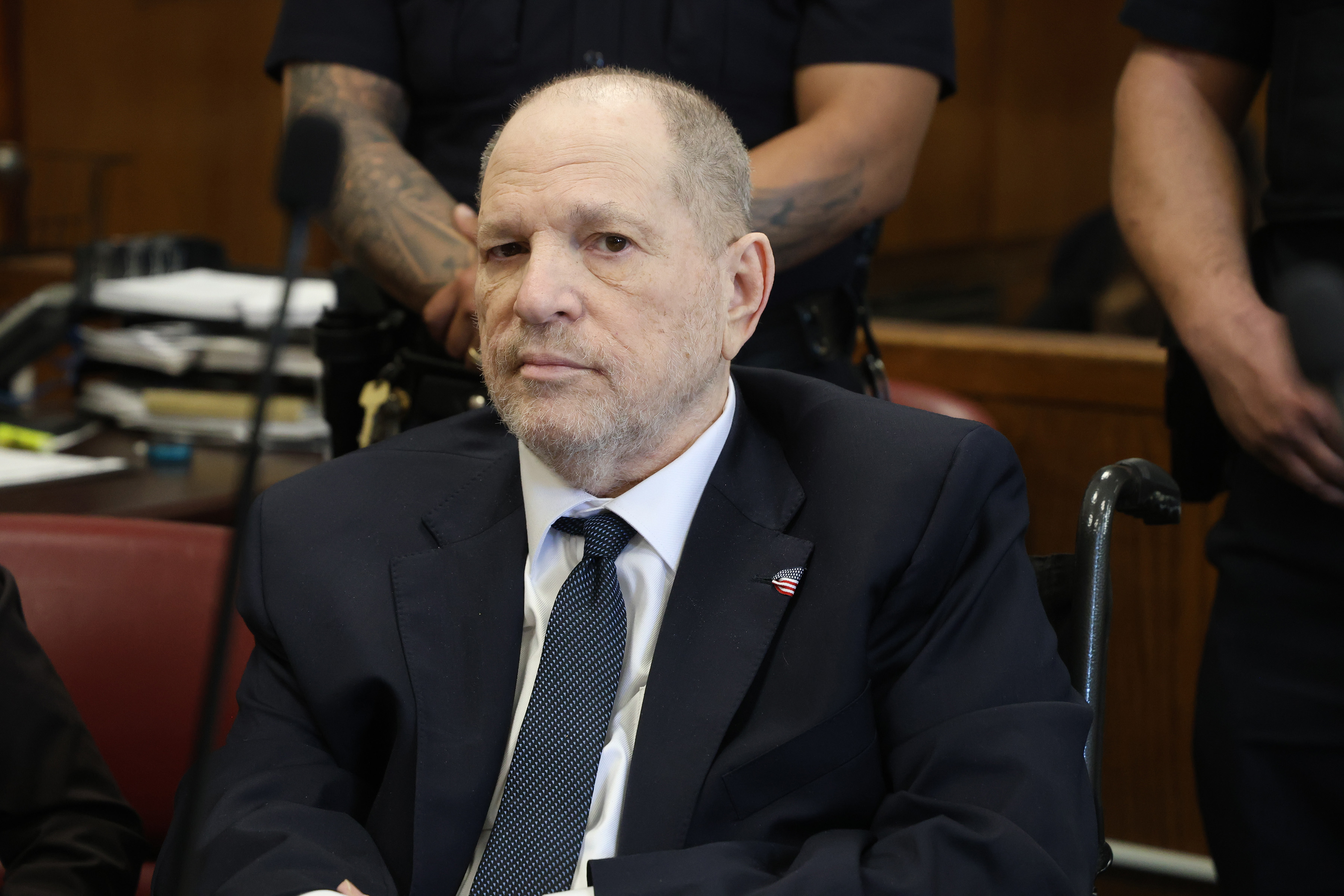Overturned, Then Retried? Man Faces Prison After 23 Years
Freedom Briefly Held: Man's Overturned Conviction Faces Reversal
A Taste of Freedom, Now Potentially Lost
Imagine spending over two decades behind bars, only to finally taste freedom. Then, imagine that freedom being snatched away on a technicality. This is the agonizing reality facing Andre Brown, a man whose conviction for attempted murder was overturned in 2022 after he served 23 years of a 40-year sentence. But now, three years after walking free, Brown could be heading back to prison, unless a miracle intervenes. Is this justice? It's a question that demands an answer.
The Crime and the Original Conviction
In 1999, Andre Brown was convicted of two counts of attempted murder in the Bronx, New York. He was sentenced to a hefty 40 years behind bars. From the start, Brown maintained his innocence, a claim that resonated throughout his decades of incarceration.
Ineffective Counsel: The Tipping Point
What ultimately led to Brown's freedom was the finding that he received ineffective assistance of counsel during his original trial. A Bronx judge overturned the conviction in 2022, acknowledging the critical errors made by his legal representation. This opened the door for Brown to finally walk free and begin to rebuild his life.
Life After Incarceration: A New Beginning
Upon his release, Brown embraced the opportunity to start anew. He moved to Connecticut with his wife and two children, eager to make up for lost time. Think of it like a plant finally getting sunlight after years in the shade – Brown was ready to flourish.
Paralegal Training: A Dedication to Justice
During his time in prison, Brown dedicated himself to learning the law, even training as a paralegal. This wasn't just a way to pass the time; it was a testament to his commitment to justice and a burning desire to prove his innocence. He used his knowledge to help other inmates, advocating for fair treatment and challenging wrongful convictions.
Giving Back to the Community
Brown's commitment to justice extended beyond the prison walls. In Connecticut, he actively engaged in community service, using his experience to help others navigate the legal system and advocate for those who have been marginalized. He sought to turn his personal tragedy into a force for positive change.
The Technicality That Threatens His Freedom
So, what's this "technicality" that could send Brown back to prison? Even though his conviction was overturned, the prosecution has the option to retry him. It's a double-edged sword, isn't it? He's free because of an error in his first trial, but that same error opens him up to potentially being tried again for the same crime.
The Legal Loophole: Double Jeopardy?
While it might seem like a clear violation of double jeopardy, the legal system doesn't always see it that way. Because the original conviction was overturned due to *ineffective counsel*, the prosecution argues that the original trial was fundamentally flawed, and therefore, a new trial is warranted to ensure a fair verdict.
The Prosecution's Argument: A Flawed System?
The prosecution's argument hinges on the idea that the original trial was so compromised that it didn't truly represent a fair adjudication of the facts. They believe that a new trial is necessary to determine Brown's guilt or innocence beyond a reasonable doubt. But is it truly fair to subject someone to this ordeal after they've already served so much time?
The Human Cost: More Than Just a Legal Battle
This isn't just about legal technicalities; it's about a human being and his family. After decades of separation, Brown has finally reunited with his wife and children. Sending him back to prison would not only devastate him but also inflict immeasurable pain on his loved ones. Consider the emotional toll of once again ripping a father and husband away from his family.
The Impact on His Family
His wife and children have already endured a lifetime of hardship due to his incarceration. To have him snatched away again, after finally rebuilding their lives, would be a devastating blow. The emotional scars of such an experience can last a lifetime.
The Psychological Toll on Brown
Imagine the mental and emotional anguish of facing another trial after spending 23 years in prison for a crime you claim you didn't commit. The psychological impact of such a prolonged legal battle can be crippling. It's a constant reminder of the injustice he feels he has suffered.
The Need for Intervention: A Plea for Justice
Given the circumstances, many are calling for top officials to intervene and prevent Brown from being retried. The argument is that after serving such a significant portion of his sentence, and considering the flawed nature of the original trial, a retrial would be a profound injustice. Is it time to recognize that sometimes, justice requires mercy?
Public Opinion: A Growing Chorus of Support
A growing number of people are voicing their support for Brown, arguing that a retrial would be a waste of resources and would only serve to prolong his suffering and that of his family. Social media campaigns and petitions are circulating, urging officials to drop the case. Public opinion is often a powerful force in shaping legal outcomes.
The Power of Clemency: A Potential Solution
One potential avenue for preventing a retrial is through clemency. This would involve the Governor or another high-ranking official exercising their power to pardon Brown, effectively ending the legal proceedings. It's a bold move, but it could be the most just outcome in this situation. It's about recognizing the extraordinary circumstances and prioritizing human dignity.
The Larger Implications: A Reflection on the Justice System
Andre Brown's case raises profound questions about the fairness and effectiveness of the justice system. It highlights the potential for wrongful convictions and the challenges faced by those who have been incarcerated. It asks: are we truly committed to rehabilitation and second chances, or do we cling to a system that perpetuates injustice?
The Importance of Effective Counsel
Brown's case underscores the critical importance of effective legal representation. Everyone, regardless of their background or the severity of the charges against them, deserves a competent and dedicated lawyer. Ineffective counsel can have devastating consequences, as Brown's experience tragically demonstrates.
The Need for Criminal Justice Reform
Ultimately, Andre Brown's story is a call for comprehensive criminal justice reform. We need to address the systemic issues that contribute to wrongful convictions, excessive sentences, and the challenges faced by those re-entering society after incarceration. The time for meaningful change is now.
Conclusion: A Crossroads for Justice
Andre Brown's story is a stark reminder of the complexities and imperfections within our legal system. He served 23 years, earned his freedom when his conviction was overturned, and now faces the agonizing possibility of returning to prison on a technicality. His case is a crossroads where justice, mercy, and the human cost of incarceration collide. Whether he tastes freedom again, or if he loses it on a technicality, his story will continue to resonate for years to come and hopefully promote justice reform.
Frequently Asked Questions
- What exactly is "ineffective assistance of counsel"?
It refers to a situation where a defendant's lawyer fails to provide competent legal representation, resulting in a trial that is fundamentally unfair. This can include errors like failing to investigate key evidence, neglecting to call crucial witnesses, or providing demonstrably poor legal advice.
- Does overturning a conviction automatically mean the person is innocent?
No. Overturning a conviction means that there was a significant legal error in the original trial, such as ineffective counsel, prosecutorial misconduct, or the introduction of illegally obtained evidence. It doesn't necessarily prove innocence, but it casts serious doubt on the validity of the original verdict.
- What is "double jeopardy," and why doesn't it apply here?
Double jeopardy generally prevents someone from being tried twice for the same crime. However, in cases where the original conviction is overturned due to legal errors like ineffective counsel, the prosecution can argue that the first trial was invalid, and therefore, a new trial is permissible to ensure a fair adjudication of the charges.
- What can be done to help Andre Brown's case?
Public awareness and support can be crucial. Contacting elected officials to express concerns about the case, signing petitions, and spreading awareness through social media can all help to put pressure on decision-makers and advocate for a just outcome. Support organizations that fight wrongful convictions can also help.
- What are some examples of criminal justice reforms that could prevent similar situations in the future?
Reforms include improving access to quality legal representation for all defendants, implementing stricter standards for prosecutorial conduct, addressing racial bias in the justice system, investing in rehabilitation programs for incarcerated individuals, and re-evaluating sentencing guidelines to reduce excessive sentences for non-violent offenses.


